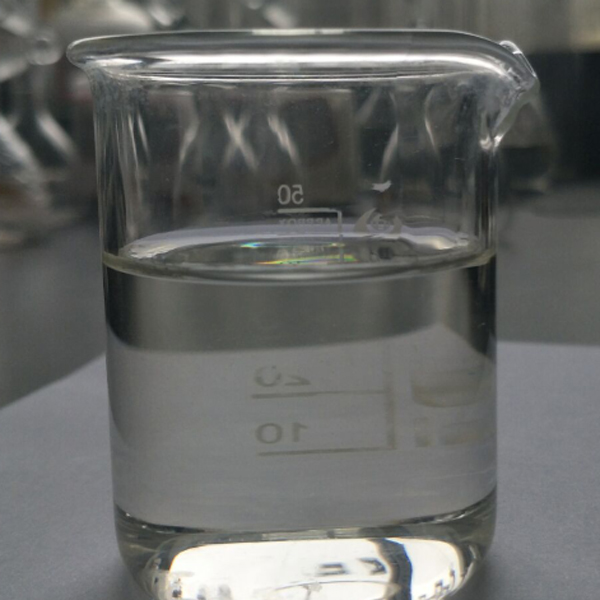
News
Aug . 06, 2024 06:21 Back to list
Top Quality Humic Acid Suppliers and Manufacturers for Your Agricultural Needs
Understanding Humic Acid Suppliers and Manufacturers
Humic acid is a vital component of soil and plays a critical role in enhancing plant growth and soil health. As a natural, organic substance derived from decomposed plant and animal matter, it is rich in nutrients and helps improve soil structure, fertility, and water retention. Given its importance in agriculture, landscaping, and environmental management, the demand for humic acid has risen significantly, leading to a growing number of suppliers and manufacturers in the industry.
What is Humic Acid?
Humic acid is a dark, organic material that is formed through the decomposition of organic matter in soil. It is one of the primary components of humic substances, which also include fulvic acid and humin. Humic acid is known for its ability to chelate minerals and trace elements, making essential nutrients more available to plants. This property is especially beneficial in poor or depleted soils, where it can help restore nutrient balance and promote healthier plant growth.
Benefits of Humic Acid in Agriculture
1. Improved Nutrient Absorption Humic acid acts as a natural fertilizer, enhancing the absorption of vital nutrients by plants. It increases the soil's cation exchange capacity, allowing plants to access more nutrients.
2. Soil Structure Enhancement The incorporation of humic acid into the soil improves its structure, leading to better aeration and drainage. This, in turn, encourages root development and enhances overall plant health.
3. Water Retention Humic acid helps retain moisture in the soil, reducing the need for frequent watering. This is particularly advantageous in arid regions or during dry spells.
4. Bioremediation Humic acid can play a role in the detoxification of contaminated soils by binding to heavy metals and other pollutants, thereby mitigating their harmful effects and promoting a healthier environment.
humic acid suppliers manufacturer

Selecting the Right Supplier or Manufacturer
Given the numerous benefits of humic acid, selecting the right supplier or manufacturer is crucial for those looking to incorporate it into their agricultural practices. Here are some key factors to consider
1. Quality of Product It is essential to source humic acid from reputable suppliers who can provide high-quality, pure products. Contaminated or inferior humic acid may not deliver the desired results.
2. Certifications and Standards Look for suppliers that comply with industry standards and have relevant certifications. This assurance indicates that the product has undergone necessary testing for efficacy and safety.
3. Range of Products Different applications may require different forms of humic acid (liquid, powder, pellets). A supplier offering a diverse range of products can better meet specific needs.
4. Customer Support and Expertise Choose suppliers who provide excellent customer service and support. Knowledgeable staff can offer valuable insights into product applications and best practices for use.
5. Sustainability Practices In today’s environmentally conscious world, it’s essential to consider the supplier’s sustainability practices. Look for manufacturers that use environmentally friendly extraction and processing methods.
Conclusion
Humic acid is an invaluable resource for improving soil health, enhancing plant growth, and promoting sustainable agriculture. With the market for humic acid growing, selecting the right supplier or manufacturer is vital to ensuring access to quality products. By understanding the benefits of humic acid and considering the essential factors in choosing a supplier, farmers, landscapers, and environmentalists can make informed decisions that support successful and sustainable practices in their fields.
-
Polyaspartic Acid Salts in Agricultural Fertilizers: A Sustainable Solution
NewsJul.21,2025
-
OEM Chelating Agent Preservative Supplier & Manufacturer High-Quality Customized Solutions
NewsJul.08,2025
-
OEM Potassium Chelating Agent Manufacturer - Custom Potassium Oxalate & Citrate Solutions
NewsJul.08,2025
-
OEM Pentasodium DTPA Chelating Agent Supplier & Manufacturer High Purity & Cost-Effective Solutions
NewsJul.08,2025
-
High-Efficiency Chelated Trace Elements Fertilizer Bulk Supplier & Manufacturer Quotes
NewsJul.07,2025
-
High Quality K Formation for a Chelating Agent – Reliable Manufacturer & Supplier
NewsJul.07,2025
